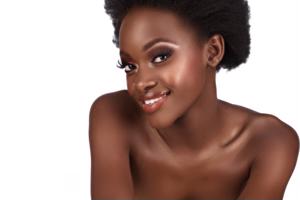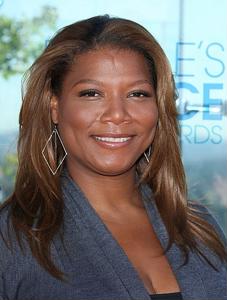
Unless you're going to a costume party, you probably want your African American skin care product to appear natural, and enhance your skin's best qualities, not overpower them. Recently, Yahoo! published some tips by makeup artist Dick Page on how to create that look that makes people ask, "Is she wearing makeup, or is her skin that flawless naturally?"
First, the expert explained how to give your lips just a hint of color without overdoing it.
"I just dab lipstick on with my fingertip, or use a fluffy brush rather than a flat or sharp-edged brush, because I like a more diffused lip. I use fluffy brushes for everything," said Page, quoted by the news source.
Next, Page said that a new trend for this season is to wear nude colors. The makeup artist stated that you can get this look by starting with a light foundation that matches your skin tone, and then use a brush to apply an eyeshadow in the same color family as your foundation, and pick a lipstick that is a similar color as well.
Oprah recommends on her website that for a more natural look, women should use as little foundation as possible. Rather than putting it all over your face, simply put foundation on spots where your skin needs to be evened out.









